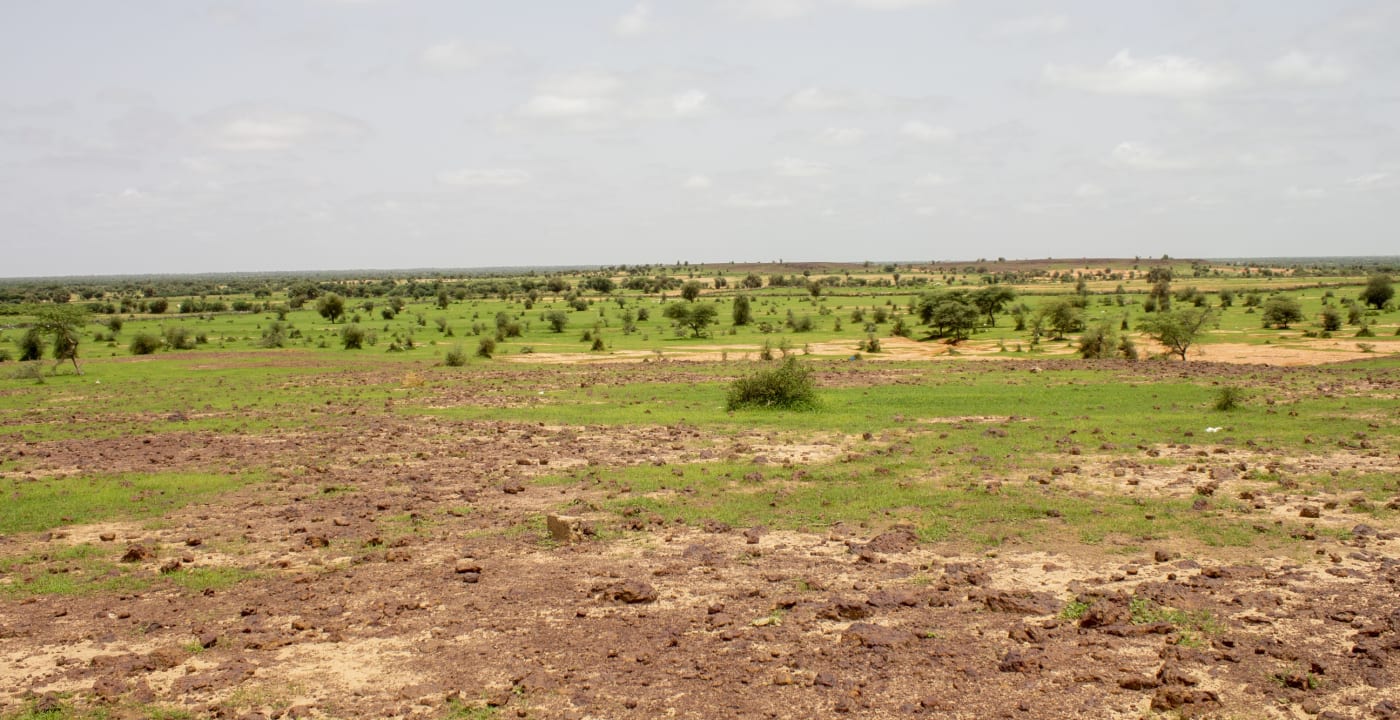Spokane behavioral health clinic helps refugee heal

In May 2023, Mohamed Fall arrived in Spokane as a refugee — 6,000 miles away from his native country of Senegal. The people looked different, they spoke another language and nothing was familiar.
While he missed home, he knew he had to seek a better life.
Searching for acceptance
Fall is a gay man. Homosexuality is illegal in Senegal, and individuals face violence, persecution and discrimination. When his family and community learned about his sexual orientation, he was ostracized.
“I have no contact with them,” Fall says. “It’s hard to even talk about. But this is who I am.”
When his refugee application was approved, he thought his hardships were behind him.
While moving to the U.S. did offer greater safety, the challenges of starting a new life in a foreign country began to stack up.
A local refugee resettlement organization helped Fall locate an apartment and find a job, but ongoing resources were harder to come by. Coupled with his limited English — he speaks Wolof — life quickly became difficult.
“I don’t know the system here,” Fall explains. “I don’t understand a lot of things.”
Help at the right time
After arriving in Spokane, Fall established primary care at MultiCare Health System. As his provider learned more of his story, she discovered he was struggling with his mental health.
Fall was referred to donor-supported MultiCare Behavioral Health Northeast Spokane, which opened in October 2023 to provide greater access to behavioral health programs and services.
With the help of a translator, he began meeting with a therapist and Madison Birdsell, a peer support specialist. 
“My first impression of Mohamed was someone who was brave enough to seek services in a world that was, and is, still foreign for him,” she shares. “From the moment I met him, he showed extreme kindness, gratefulness and was eager to start working toward his goals.”
In addition to mental health support, Fall’s behavioral health team helped him enroll in English courses at Spokane Falls Community College, acquire furniture and build his resume to reenter the workforce.
“This clinic is truly a great clinic,” he reflects. “They see me in a very human way.”
Grateful for compassionate care
Fall found MultiCare at a critical moment before his health reached a crisis point. He’s particularly grateful for the mental health referral that’s helped him cope with the loneliness and stress of beginning anew.
“There was even a time when I was so frustrated, I wanted to take pills,” he remembers. “But the clinic providers talked me through it. They understand that I don’t speak English, and they work with me. They’ve really listened and helped me.”
While adjusting to life here is a slow process for Fall, Birdsell is continually impressed by her client’s efforts.
“His commitment to seeking care is astounding,” she says. “There have been many points in his journey of feeling hopeless and discouraged with how his transition happened to America, but he kept going. He continues to show up to the clinic to receive support, and most importantly, he shows up for himself every day.”
His primary care provider also sees “more hope” in Fall as he connects to resources, improves his health and gets to know Eastern Washington. His story, she says, shows the importance of donor generosity.
“Your whole community is uplifted when people have access to care,” she shares.



